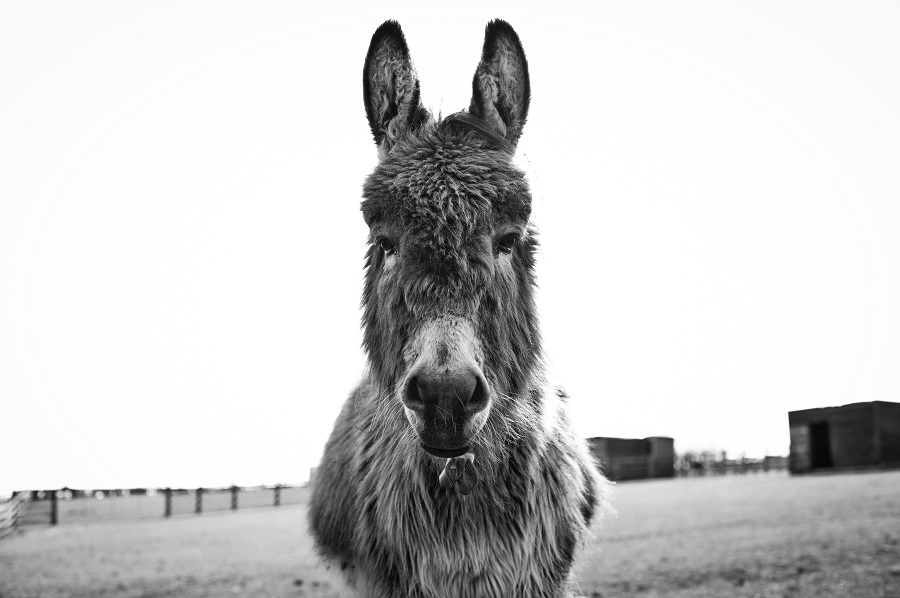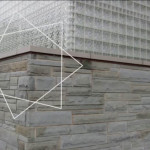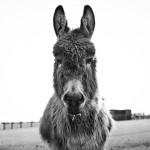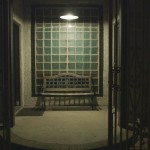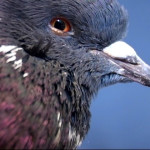April 14th, 2014
@ UT Union Theater (map)
8pm
Free!
The Mad Stork Cinema presents a screening featuring work by Dani Leventhal, David Dedmon & Ashley Sabine, and Deborah Stratman. Experiential and personal, humorous and unsettling, this program of unconventional documentaries explores surveillance and human relationships with the natural and animal worlds. Support provided by the University of Texas, Dean on Students FACES Grant.
Program
Draft 9 by Dani Leventhal
28 min / digital / sound / 2003
“This movie was collected for four years before being sprayed scattershot over 28 minutes of psychic mayhem. The line between living and dead is a frontier crossed and re-crossed here. The living are dead while the dead are animated, breathing, swimming, giving birth. Consumed by the animal life of the city, the artist undertakes a first person journey, producing diary notes from one of the most skilled lens masters of the new generation. The camera is her company in this duet of death, the instrument that permits her to see the impossible, the unbearable, the invisible.”–Mike Hoolboom for International Film Festival Rotterdam
“…one of the best films I saw at the entire [Rotterdam] festival, Dani Leventhal’s riveting video diary, Draft 9… the craft of montage is alive and well in [her] work: delicate and harrowing juxtapositions of skinned animals, the tattooed arm of a Holocaust survivor eating donuts in a coffee shop, neon flowers on a disco floor. In her work emerges something that is extraordinarily immediate, both fresh and painful, hard to watch and yet impossible not to watch.” –Genevieve Yue, Senses of Cinema
Platonic by Dani Leventhal
21 min / digital / sound / 2013
In Dani Leventhal’s Platonic, geometric specters twirl in space; pet cats foam at the mouth; a little boy mistakes his junkie dad for a superhero; and a confused adolescent worries he has sired a centaur. Platonic references both the ancient philosopher’s metaphysics of ideal Forms, which simultaneously exist outside our perceptions and yet give rise to them, and the related meaning in common parlance of non-romantic love. Leventhal trains her searching lens on the distance separating bodies, moments, and perspectives. The result is a study in the awkward gaps between appearance and reality, seeing and understanding, desire and its object.
Hacked Circuit by Deborah Stratman
15 min / digital / sound / 2014
A single-shot, choreographed portrait of the Foley process, revealing multiple layers of fabrication and imposition. The circular camera path moves us inside and back out of a Foley stage in Burbank, CA. While portraying sound artists at work, typically invisible support mechanisms of filmmaking are exposed, as are, by extension and quotation, governmental violations of individual privacy.
The scene being foleyed is the final sequence from The Conversation where Gene Hackman’s character Harry Caul tears apart his room searching for a ‘bug’ that he suspects has been covertly planted. The look of Caul’s apartment as he tears it apart mirrors the visual chaos of the Foley stage. This mirroring is also evident in the dual portraits of sonic espionage expert Caul and Foley artist Gregg Barbanell, for whom professionalism is marked by an invisibility of craft. And in the doubling produced by Hackman’s second appearance as a surveillance hack, twenty-four years later in Enemy of the State.
These filmic quotations ground Hacked Circuit, evoking paranoia, and a sense of conviction alongside a lack of certainty about what is visible. The complication of the seen, the known, the heard and the undetectable provides thematic parallels between the stagecraft of Foley and a pervasive climate of government surveillance.
Choreography by David Redmon & Ashley Sabine
6 min / digital / sound / 2013
Donkeys actively look back at the filmmaker’s gaze in Choreography, an experiential documentary that inverts a vérité or observational approach by showing everyday moments of how donkeys avoid becoming “caught” and transformed into an “unaware” or “natural” image.
